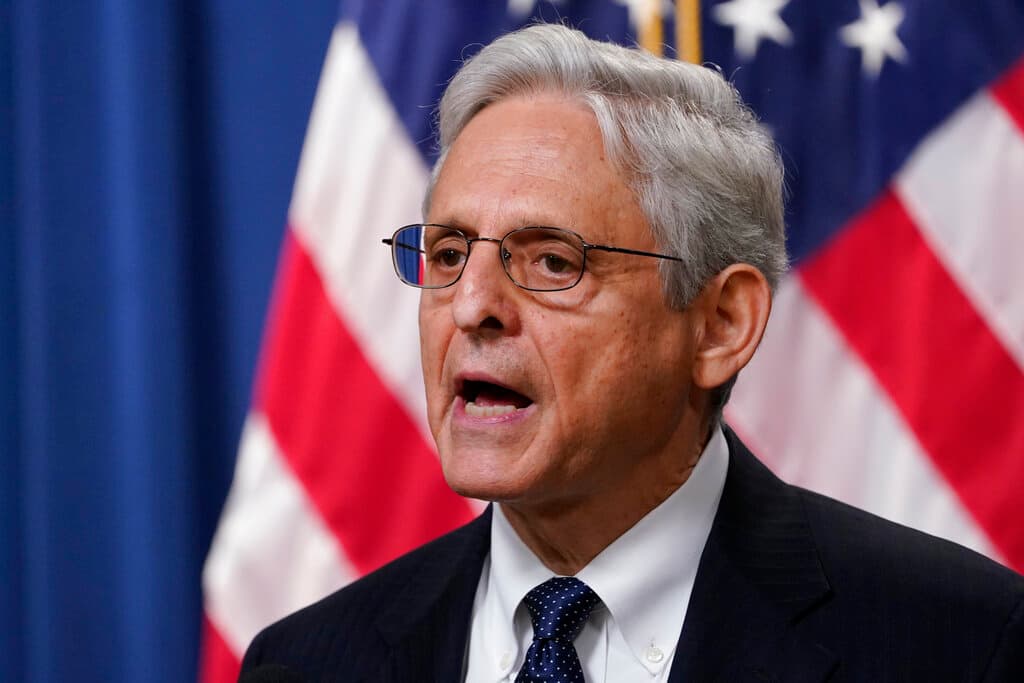Garland v. Cannon: Attorney General Accuses Judge of a ‘Basic Mistake’ in Dismissal of Trump Case
Speaking to a national television audience, the attorney general references his gilded career and legal tomes and seems to want to pull rank on the Florida jurist.

Attorney General Garland’s combative defense, on national television, of his hiring of Special Counsel Jack Smith signals that the Department of Justice is set to go full tilt to convict President Trump for his alleged crimes at Mar-a-Lago.
Please check your email.
A verification code has been sent to
Didn't get a code? Click to resend.
To continue reading, please select:
Enter your email to read for FREE
Get 1 FREE article
Join the Sun for a PENNY A DAY
$0.01/day for 60 days
Cancel anytime
100% ad free experience
Unlimited article and commenting access
Full annual dues ($120) billed after 60 days

